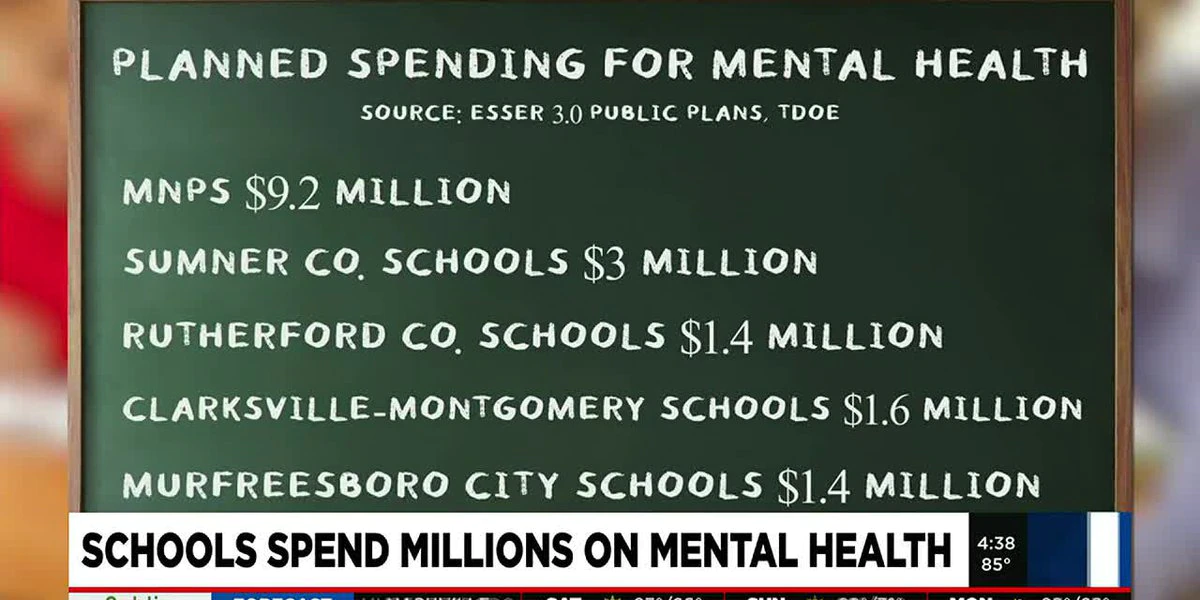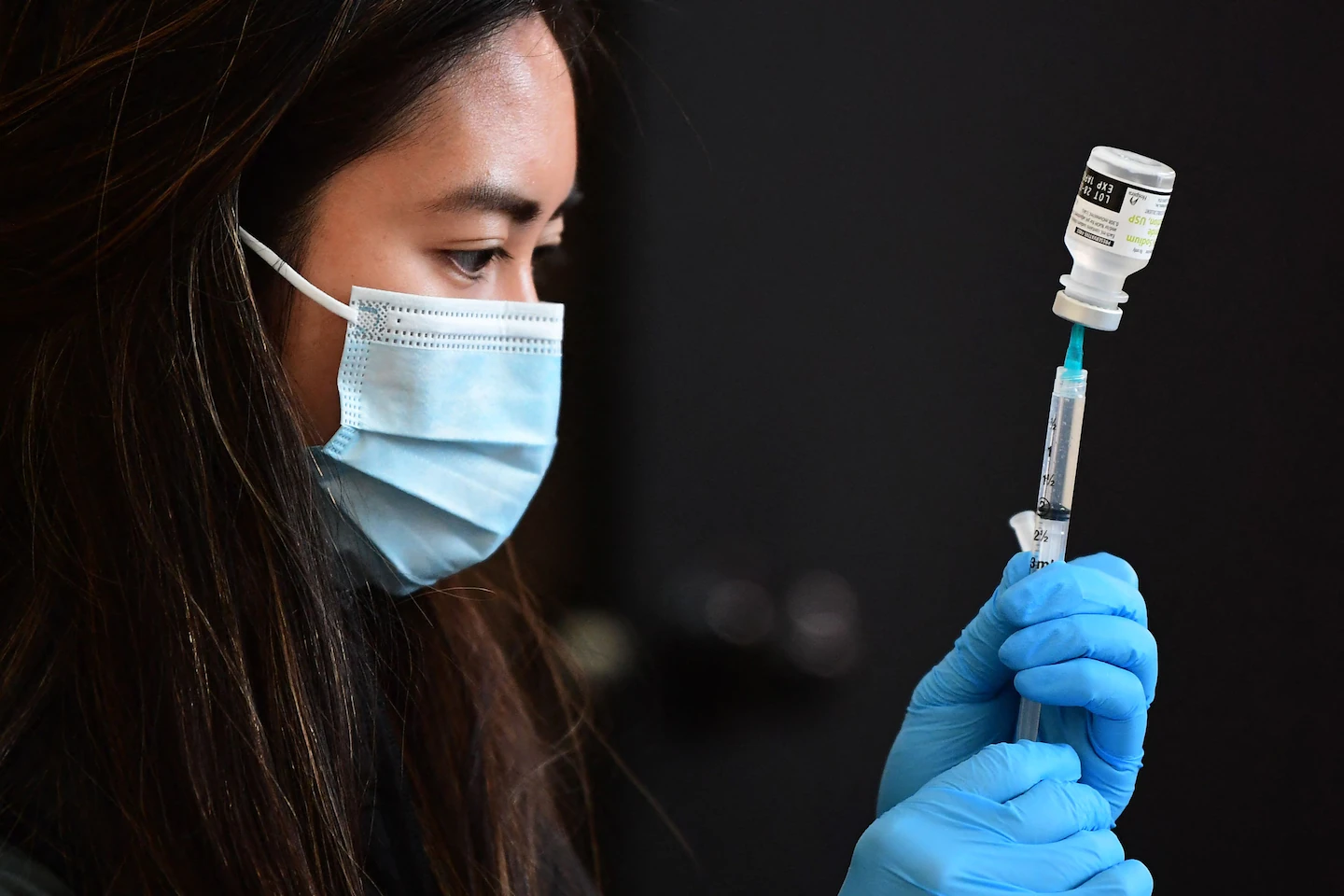[ad_1]
MURFREESBORO, Tenn. (WSMV) – One in ten children within the state of Tennessee have been diagnosed with anxiety or depression and the State Commission on children and youth said that those numbers have continued to trend in the wrong direction.
To combat this, each school district in the state made a spending plan that will take aim at mental health resources and districts will have millions of dollars from the American Rescue Plan to do just that.
The Middle Tennessee schools have planned to spend more than $23 million by 2024.
“Our obligation continues to be are we taking care of the entire child,” said Dr. Trey Duke, Director of Schools for Murfreesboro City Schools. “And that is behaviorally, socially (and) emotionally”
Duke said while they’ve historically funded mental health programs, federal dollars, in the wake of the pandemic, have provided a big boost.
“Really what these federal dollars have done is allow us to continue that, to grow those programs, specifically by adding more school counselors and social workers,” Duke said.
Some of the biggest spenders include the following:
- Metro Nashville schools with $9.2 million
- Sumner County schools with $3 million
- Rutherford County schools with $1.4 million
- Clarksville-Montgomery schools with $1.6 million
- Murfreesboro City schools with $1.4 million
“Our goal in the next five years is to have full-time mental health clinicians and therapists in every school 5 days a week,” Duke said. “And we know when that money goes away we have other funds to subsidize that.”
Duke said that with the new funds coming from Tennessee Investment in Student Achievement (TISA), they hope they will have surplus funding to use to address the needs they didn’t have before.
“With our school counselors right now we’re sitting at a ratio of right under one to 500 which is something that we want to maintain,” said Duke. “Ultimately we would love to grow that even more.”
Duke specifically mentioned that they were at a ratio of 498 to one and that the national recommendation is 250 to one.
“We’re planning now,” Duke said. “We know this has to continue. It’s the right work for kids and we’ll continue to it.”
Schools have said they measure success by looking at statistics around office discipline referrals, school counselor referrals, in and out-of-school suspensions, visits to their contracted in-school mental health resources Centerstone and Stars, as well as academic achievement.
The message schools have been trying to send to parents is that early intervention matters.
Copyright 2022 WSMV. All rights reserved.
[ad_2]
Source link



